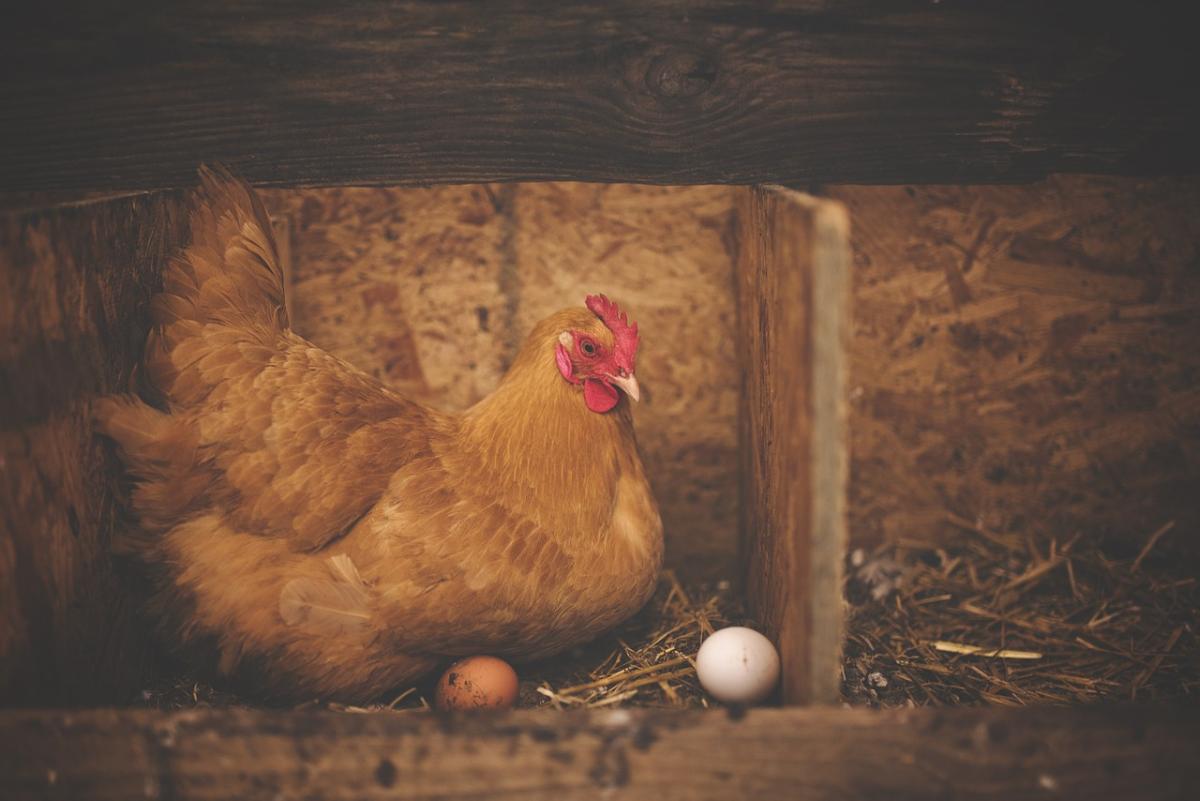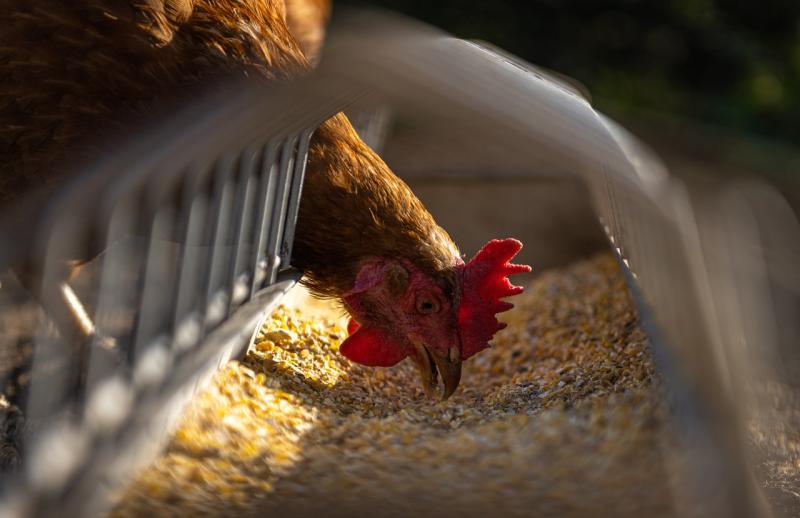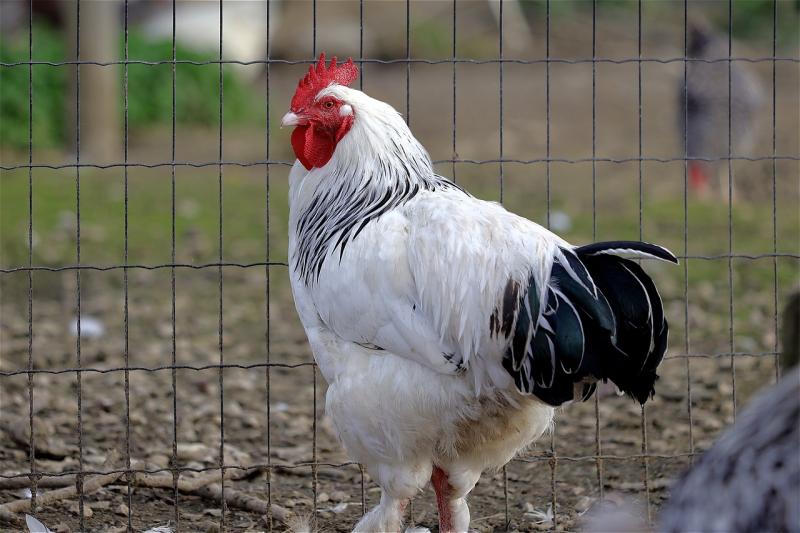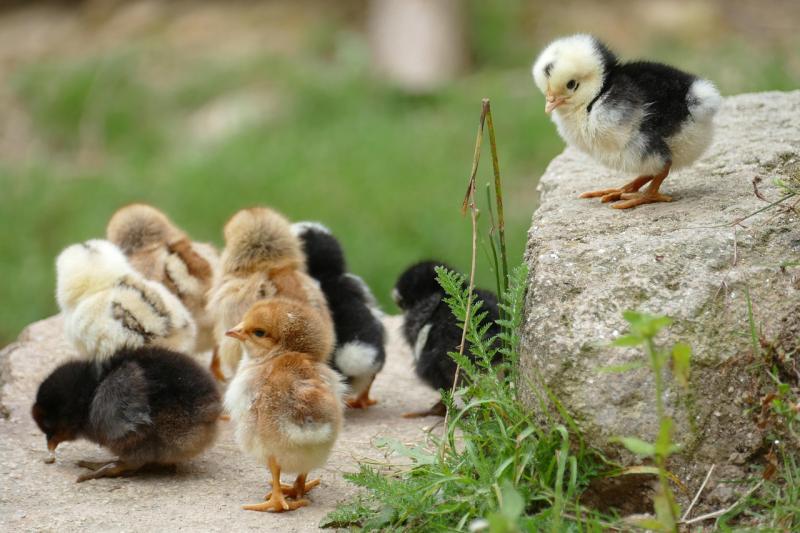Chickens usually start laying eggs around 5 to 6 months old, but it can vary a bit depending on their breed. Some breeds, like the Leghorn, are known to be early bloomers and might start a little earlier. Others, like the Orpingtons, take their time and might not lay until they’re about 7 months old.
To encourage your hens to lay, make sure they have a cozy spot for nesting. You want a quiet, safe place that's comfy with some straw or shavings. Good nutrition is also key! Feed them a balanced diet rich in protein, calcium, and other essentials. This helps them grow strong and lays those eggs with ease.
An interesting thing is that chickens tend to lay eggs in the morning. So, if you want to catch them in action, peek into the coop early in the day! Another note is that daylight hours impact their laying cycle. As days get longer in spring, you’ll likely see an uptick in egg production.
If your chickens seem to have slowed down or stopped laying altogether, don’t panic! Factors like stress, molting, or even age can affect egg production. Just keep an eye on them, make sure they're healthy, and they’ll get back to laying when they’re ready.
Signs Your Chicken is Ready to Lay
Getting excited about your chickens laying their first eggs? It’s a big deal! There are several signs that show your feathered friends are gearing up to start their egg-laying journey.
First off, keep an eye on their age. Most chickens start laying eggs between five to six months old, depending on the breed. If your hens are reaching the six-month mark, it’s a good sign they’re ready to get cracking!
Another telltale sign is the physical changes in their bodies. Look for a bright, red comb and wattle. These areas will become more vibrant as hens get ready to lay. You might also notice their pelvic bones spreading, which helps create space for those eggs!
Behaviors can also give you clues. Hens may become more vocal or start searching for nesting spots. If you see your chickens scratching around in the bedding or trying to find a cozy corner to settle down in, they’re likely on the lookout for places to lay eggs.
Lastly, pay attention to their diet. Healthy hens eat well, so if you notice them munching more than usual or showing interest in higher protein foods, they might be gearing up for egg production. Provide a balanced diet, and you'll set them up for success!
Best Breeds for Early Egg Production
When it comes to eggs, some chicken breeds have a reputation for getting things started faster than others. If you’re eager to have fresh eggs as soon as possible, here are some top breeds to consider:
Choosing the right breed can make all the difference when you’re excited about early egg production. Each of these breeds has its own perks, so think about your needs and preferences when making a decision! Happy chicken keeping!
Helping Your Chickens Lay Consistently
First off, make sure they're getting enough feed. A high-quality layer feed is packed with the nutrients they need for good egg production. Look for feeds that have around 16% to 18% protein. This will help them get the energy they need to lay those eggs daily.
Light plays a huge role, too! Chickens need about 14 to 16 hours of light each day to maintain a steady laying schedule. If you live in a place where days get shorter in the winter, consider using a light in the coop to keep them on track. Just be careful not to disturb their nighttime sleep. Chickens love their beauty rest!
Don’t forget about fresh water. Keep their water clean and readily available, as dehydration can lead to lower egg production. You can check that their water supply is always fresh, especially on hot days when they drink more.
Lastly, creating a stress-free environment is crucial. Chickens that are happy and healthy are much more likely to lay eggs consistently. Ensure they have enough space to roam and socialize, along with some safe spaces where they can scratch and forage. Happy hens mean more eggs in your basket!



